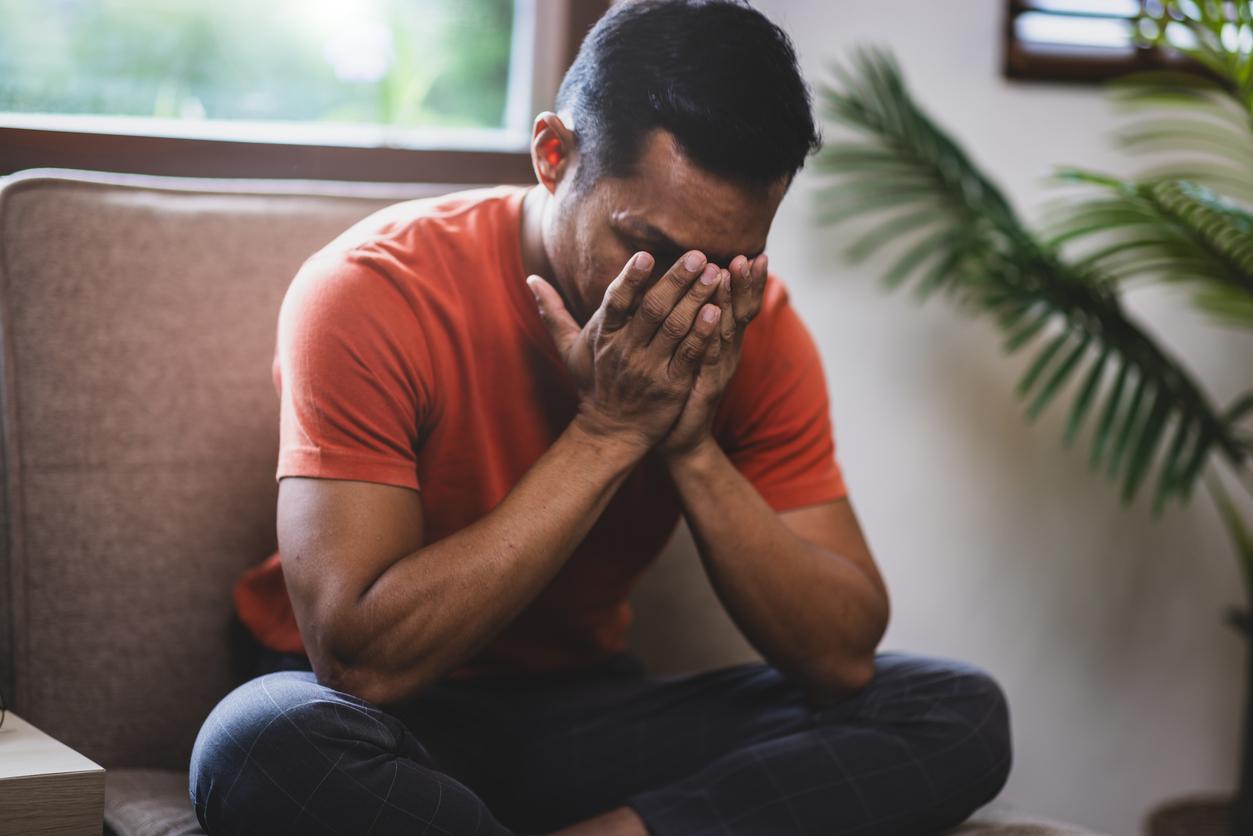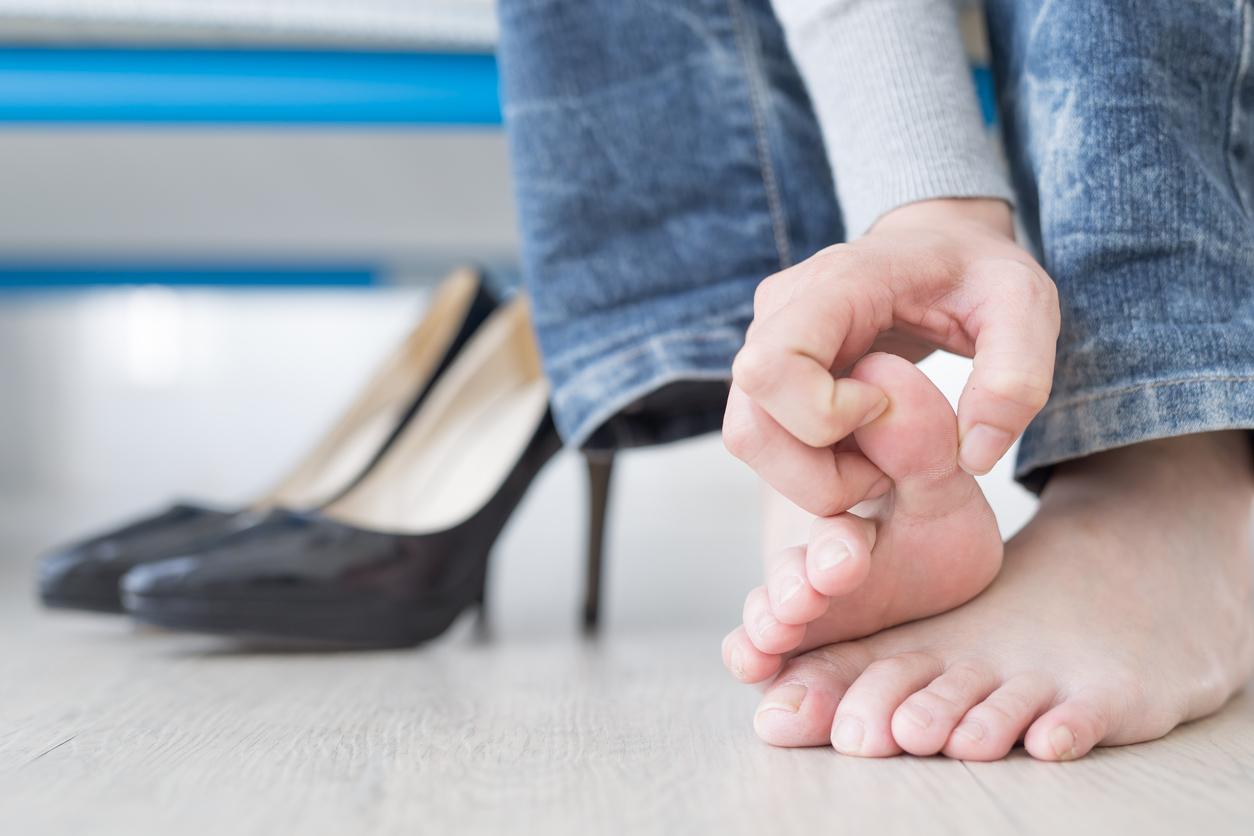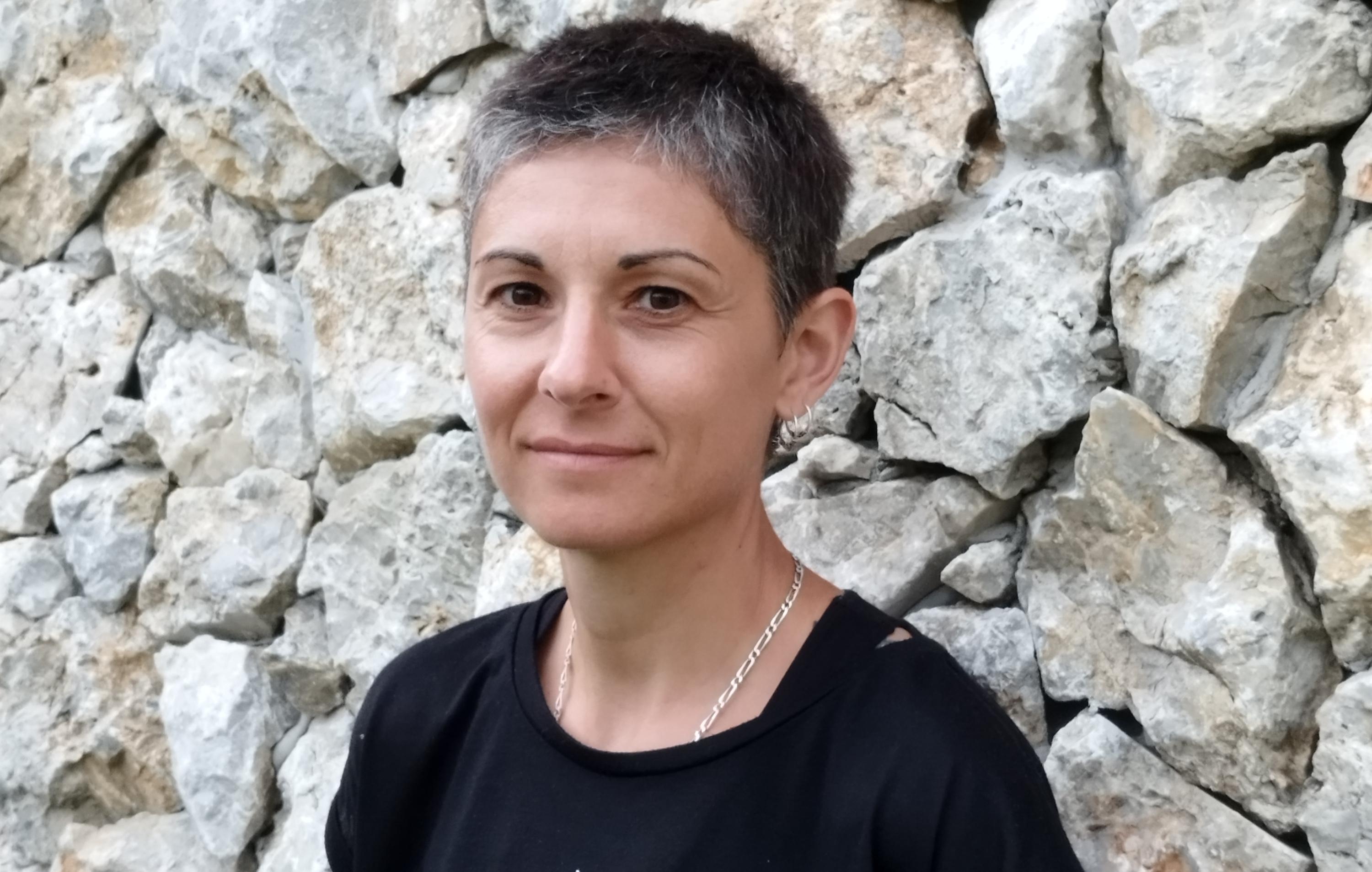Several elected PS, LREM, EELV and doctors demand the legalization in France of cannabis for “therapeutic use” in a column published Sunday by Le Parisien.

The subject is definitely in fashion among politicians. After the Minister of Health Agnès Buzyn declared that medical cannabis “could arrive in France”, several elected PS, LREM, EELV and doctors demand the legalization in France of cannabis for “therapeutic use” in a column published on Sunday July 8 by The Parisian.
“Producing cannabis for therapeutic use in France is no longer an option but a necessity. How can we not deplore the national status quo on this public health issue? Why maintain the seal of the ban and the legislative and regulatory arsenal who accompanies it with regard to more than 300,000 French patients who could alleviate their suffering otherwise? “, ask the signatories, among whom are, among others, the PS Senator Rachid Témal, the PS mayor of Strasbourg Roland Ries , the LREM deputies Sonia Krimi, Jean-Baptiste Moreau, and Florent Boudié, the EELV mayor of Grenoble Eric Piolle and the EELV mayor of the 2nd arrondissement of Paris, Jacques Boutault.
Chronic pain (not due to cancer)
It remains to be seen on which studies this request is based. Those who engage in it think “that a minority of refractories persist in considering the use of the product as dangerous, by reducing it to the category of prohibited substances”, while “the very complete report of the effects of cannabis on health that the American Academies of Science, Engineering and Medicine published in 2017 (….) confirm the effectiveness of the product in the management of chronic pain, physical disorders caused by chemotherapy and muscle spasms associated with sclerosis in plates. “
Regarding the management of chronic pain not due to cancer, a very recent prospective study published by The Lancet has just shown that cannabis is not effective. The recruitment of the cohort took place from August 13, 2012 to April 8, 2014. 1514 participants were questioned, among other things, on the origins and duration of chronic pain, cannabis use during life and 12 recent months, taking opioids and whether or not you have generalized depressive or anxiety disorder.
After four years of follow-up, 295 participants (24%) had used cannabis for pain relief. Compared to people who did not use cannabis, the researchers found that participants who had used cannabis had “a higher pain severity score.” “We found no evidence that cannabis use reduced the use of prescribed opioids or increased opioid cessation rates,” the scientists add.
Physical problems caused by chemotherapy
Let’s move on to the physical problems caused by chemotherapy. In the United States, often cited as an example due to the legalization of therapeutic cannabis in 28 states, nearly half of oncologists admit to talking to their patients about the use of marijuana for therapeutic purposes without being sufficiently informed on the subject. according to a study published in the Journal of Clinical Oncology. Note that this is the first national survey on the subject since the use of therapeutic cannabis was authorized in Americans, and that it was published in May 2018, so well after the report of the effects of cannabis on the health of American academies of science, engineering and medicine on which the signatories of the pro medical cannabis forum rely.
80% of oncologists surveyed declared that they had already discussed the issue of therapeutic cannabis with their patients, but less than 30% of them felt that they had enough scientific data to make such recommendations. “The scientific evidence supporting the use of medical marijuana in oncology is still very thin, which puts doctors in a very uncomfortable position,” recalls, and rightly, Dr. Ilana Braun, of the Dana-Farber Institute of Adult Psychosocial Oncology, even if 82% of French people are in favor of the use of cannabis on medical prescription.
Multiple sclerosis
Let’s end with multiple sclerosis. Most studies of cannabis focus on the short term. All state that medical cannabis can produce a variety of side effects, including difficulty in paying attention and concentrating, dizziness, drowsiness or fatigue, loss of balance and falls, nausea, vomiting. and constipation, or psychological problems such as depression and psychosis.
Currently, only one cannabinoid drug has a marketing authorization in France: Sativex, recommended against spasticity and multiple sclerosis. Dronabinol and cannabidiol, used for patients with neuropathic pain refractory to conventional treatments or epilepsy, are accessible, but only with a nominative temporary authorization (procedure making it possible to provide certain patients with a medicinal product without authorization on the market and not undergoing a clinical trial in this indication).

.
.

















